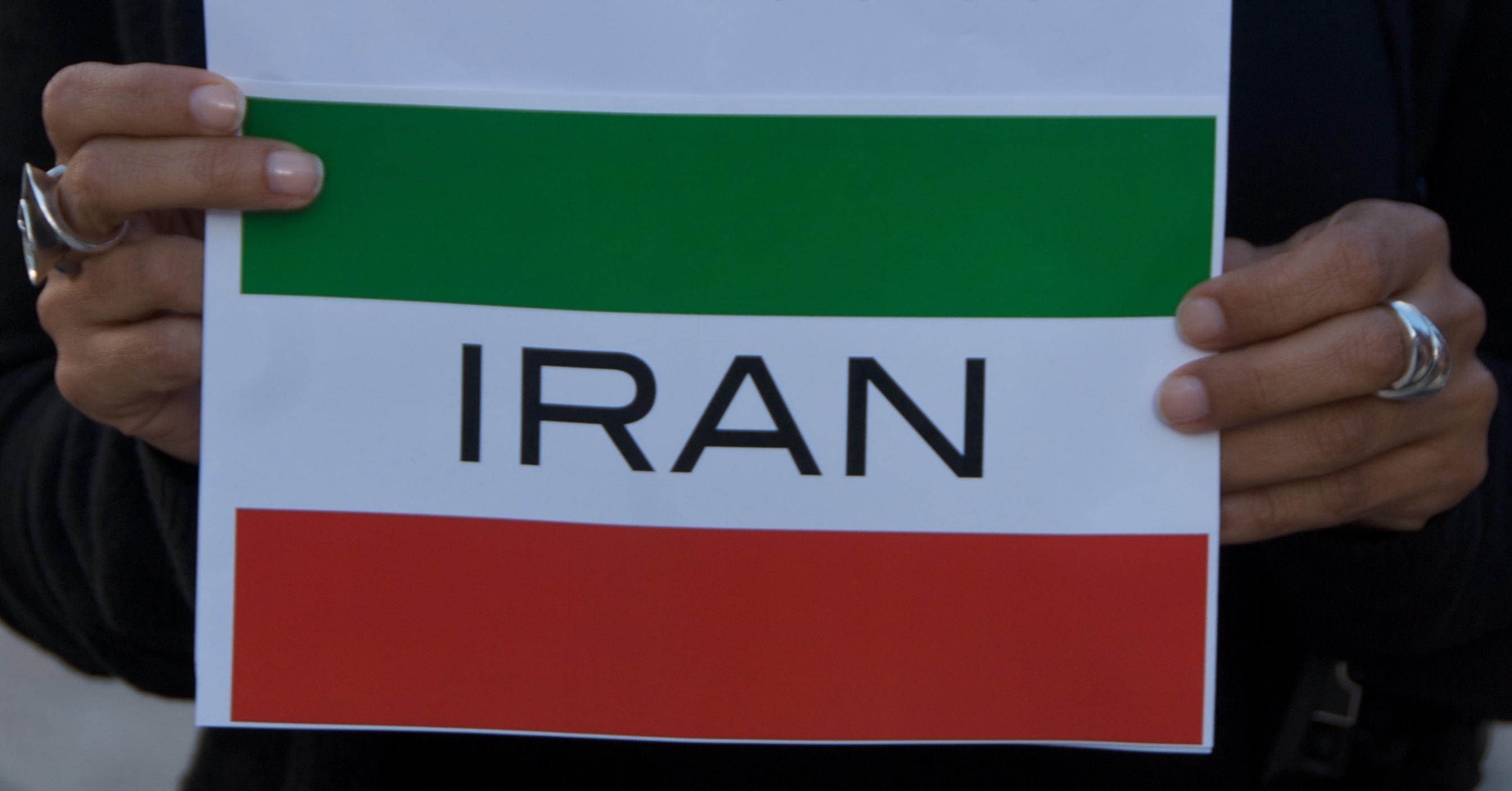That’s the question on my mind since I started self-publishing ebooks about a year ago. Falling ebook prices and rising number of cheap reads—an increasing number of them serials built around single characters—offer readers bountiful choices. What’s good for consumers may not be best for producers, though. If 99 cents is the value of all books, who can make a living writing them? The answer to that question makes Amazon the savior of publishing or the great Satan destroying it.
I write about this today because overnight Amazon sent long email “Important Kindle request” announcing Readers United. But the letter didn’t come to me as a reader but as an author, from Kindle Direct Publishing. Amazon and publisher Hachette are engaged in a dispute that, long-term, could affect future ebook pricing. Hachette Authors United seeks resolution from Amazon, which calls on readers—and writers—to respond in kind.


